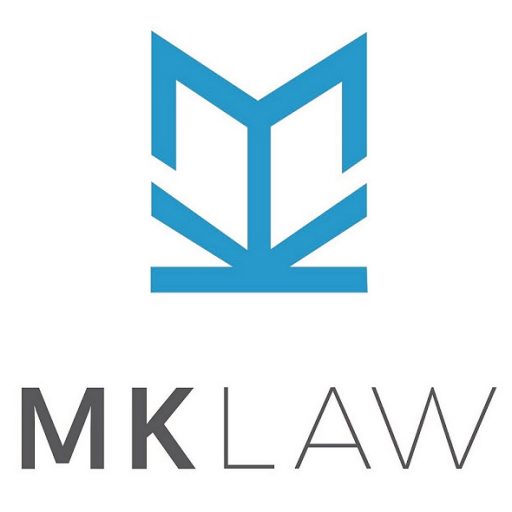Accredited Employer Work Visa (AEWV)
Under the AEWV category, the main criteria you must satisfy are the following:
– Unable to find a NZ employee – employer’s case
– Job description matches the ANZSCO description
– Suitably qualified to do the job
Invariably, these are the main reasons that your application may be declined.
INZ’s default position is to not grant a work visa under the Essential Skills Category unless the above main requirements are satisfied. This is to ensure that the New Zealand labour market is protected to ensure that New Zealand workers are not disadvantaged by migrants. The work visas are available only to the extent in which the New Zealand employers are unable to find a suitable person for their businesses.
Thus, it is vital for the employer sponsoring you to make a clear and unequivocal case that your employer was unable to find a suitable person from the New Zealand labour market despite genuine efforts to do so; and your skills are essential for the position offered.
The availability of a New Zealand person often depends on the specific skill level under which the position to be filled is categorised. The higher the skill level is, the less likely that there is a New Zealand person available for the position.
Many applications fail because INZ officers believe that the skill level of the applicants’ job do not match the skill levels required of the ANZSCO descriptions. That is to say that the actual jobs are not what the applicants say they are. How could this happen? INZ has always been overloaded with applications and under pressure to complete those applications within a certain timeframe. So they will often solely rely on the information already available the job description in comparison with the position advertised and make a judgment call on the spot.
Thus, it will be in your best interest to discuss your main duties with your employer before signing an employment agreement and design your role that best matches the core tasks and the skill levels of the relevant occupation in the ANZSCO. If you are already on the job, it is still important to identify the shortfalls of your duties at work and make sure that your job does what ANZSCO describes it does.
It is dangerous to assume that you are deemed suitably qualified to your job by training or experience. Many applications fail because the applicants simply relied on their credentials that seemingly belonged to the same industry. A simple example is a retail manager position. Just because an applicant has a business diploma and worked at a dollar shop doesn’t mean that he or she is qualified to work as a retail manager, who is responsible for a variety of tasks including, among others, planning, implementing and reviewing sales, operations, and HR strategies. It is vital to link your credentials to the specific tasks that your employer thinks essential for the position.








